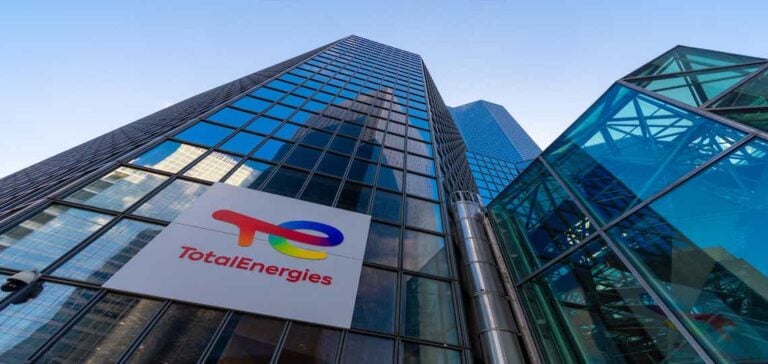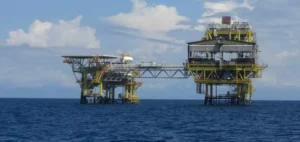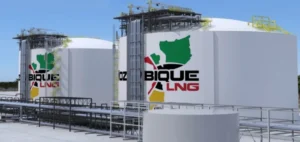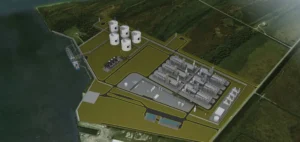TotalEnergies cautious about winter gas supplies. Company CEO Patrick Pouyanné answers the question of whether France could run out of gas next winter. Although he did not totally rule out this possibility on Saturday in Aix, he stressed the weakness of European storage capacities and the cost of imports.
Freezing seasons and gas supplies: an energy challenge for Europe
“As far as gas is concerned, yes, stocks will be full” in October, estimated the head of the oil and gas group during a round table discussion at the Rencontres économiques d’Aix-en-Provence. But if Europe has a cold winter,” he warned, “the Old Continent’s storage capacities will not be sufficient to meet the gas demand of European consumers throughout the season. This does not necessarily mean that Europeans will run out of gas, but the imports needed to meet demand will be expensive, warns Patrick Pouyanné. “Friendly prices don’t work in a supply and demand market,” he argued.
Europeans, who have become very fond of American liquefied natural gas (LNG) since Russian supplies were cut off, are also dependent on the political context in the USA – the next presidential election is scheduled for the end of 2024. French Finance Minister Bruno Le Maire was more reassuring.
“Today, there’s no need to worry about gas storage and the gas situation in France or Europe,” he said. “We must of course remain vigilant,” he added. “We need access to LNG to face the next winter without difficulty,” he added.
US political uncertainties: fears for Europe’s energy future
Patrick Pouyanné expressed concern, however, if the US presidential election at the end of 2024 was won by the Republicans. Currently in opposition to Democratic President Joe Biden, “if the Republicans decide to stop (LNG) exports, there is a systemic risk”, he judged.
For Engie, France’s main natural gas supplier, CEO Catherine MacGregor said she was “rather serene” about security of supply next winter, thanks to efforts to reduce consumption and new import sources. “But we’re still going to have a very volatile system over the next few years,” she added.
Energy security in France: optimism for electricity supply and hydropower
As far as electricity is concerned – for which France is less dependent on foreign suppliers thanks to its 56 nuclear reactors – EDF CEO Luc Rémont also expressed his optimism in Aix, after a winter of 2022/23 during which the authorities were preparing for possible blackouts due to the record number of reactors shut down for repairs.
“Production is picking up. At this stage, we’re in a position to say that we’ll face next winter with confidence”, he said. Another reason for satisfaction is that “we’re starting the summer with full dams”, which should enable us to produce more hydroelectricity than last year, when drought restricted hydroelectric production.






















